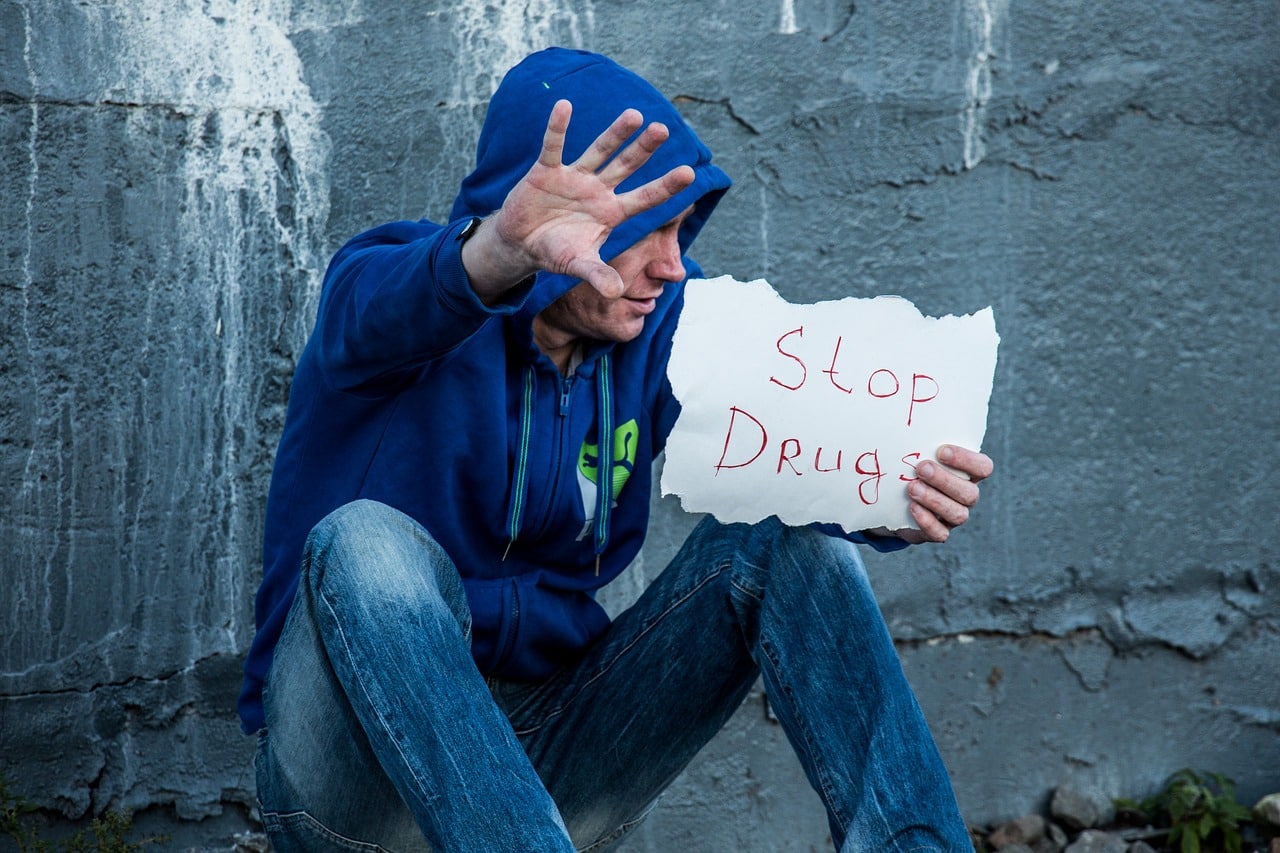It’s hard to see a loved one going down, especially if we’re talking about addiction. Drugs affect about 23 million people in the US. These people need help – they need someone who loves them and cares for them. Knowing that you can make a difference (and what are the steps towards healing) can change how things are. Check out ARCProject.org.uk for more information.
IMAGE: PIXABAY
There’s No Way You Could Change Things Directly
We understand how you feel – your loved one has a big problem and it’s affecting his health – but you should never try to fix the problem by yourself. The National Institute on Drug Abuse (NIDA) stated that addiction is a chronic disease, a complex one that needs medical attention to heal.
The thing is that you won’t try to cure cancer or diabetes – the same happens for addiction. It’s important that your loved one is safe, but that’s not all. You need to understand that you will probably not succeed in making him feel better. This is the part where guilt makes its appearance – and that can be something hard to cope with. You don’t know the outcome of this, but you’re not responsible for it. Remember, addiction is a disease and you need to treat it properly.
You Need To See What’s The Problem
The first step that you can take is to see the problem – is the addiction severe, moderate or mild. You might want to find a professional to run an S-BIRT to find out for sure. S-BIRT stands for Screening, Brief Intervention and Referral to Treatment and it represents a set of tools that can identify the problem and prevent the mild use from becoming a severe one.
Sometimes it’s easy just to convince yourself that it’s not that big of a deal – but it is a big deal, even if the substance use is mild. You need to find a professional to help you. He will tell you about the rest of the process and things will get easier.
You Need To Talk About The Problem
There are many cases in which, getting to know the problem and talking to a specialist is simply not enough. Your loved one is going to be scared – he doesn’t know the effects the treatment can have on him and his situation. He’s probably asking himself how this problem will affect his job and his relationship with those around him.
You don’t have to force him into treatment, but you can have a significant role: you can talk to him about this situation. He needs to know that those around him are supportive of him and that they love him. You need to let him know that you’re going to protect him at all costs when he decides to seek help. The important people in his life are going with him on his journey to recover – and he needs to see that.
You Need To Do An Intervention
The National Council on Alcoholism and Drug Dependence said that an intervention is seen as a process that’s the outcome of a face-to-face meeting between the addict and the family members and friends in order to help the person with his problems.
A professional can plan the whole intervention. He can talk to you and your family and friends about the initial recovery process and will be the one who speaks on the behalf of your loved one when it comes to choosing a treatment facility. If you encourage the addict to seek help and enter rehab, he will know that you’ll be there with him at all times – this can encourage him to do the necessary changes and be positive about it.
Get To Know The Treatment Options
If you understand all the treatment options properly, then it will be easier for you to explain into the one in need. It’s okay to ask for help. You’re the most important person in his life and you can help him in his road to recovery. You are his moral support. However, you cannot be the one who helps him get through it – not by yourself. You should ask for the help of a professional; he can even help you if you have questions about the various treatments.
If you are interested in even more lifestyle-related articles and information from us here at Bit Rebels then we have a lot to choose from.


COMMENTS